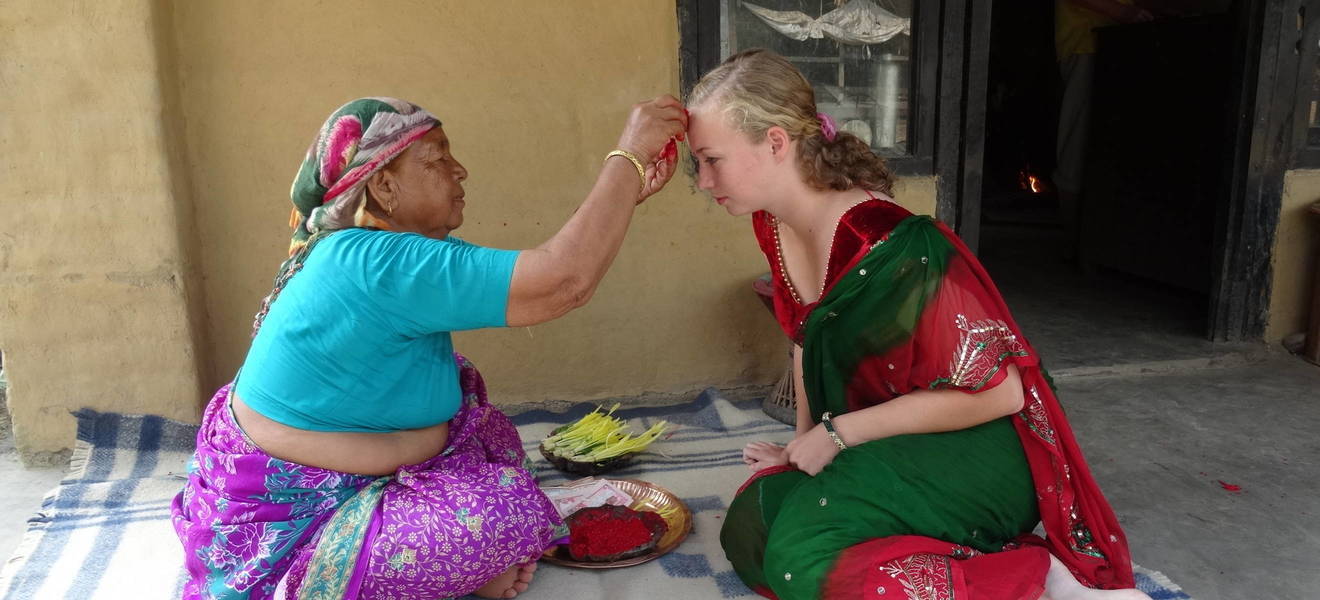01.08.2020/XNUMX/XNUMX / field reports
Report from a school in Nepal
I experienced so much and got to know a completely new culture. The five months felt like two weeks and were unfortunately much too short. I highly recommend volunteering in Nepal to everyone because it is incredibly rewarding. I will definitely revisit the people I lived with in Nepal.
Berlind's time in Nepal
My arrival in Nepal
Three months after the earthquake, we finally set off towards Nepal. After a stopover in Istanbul, I arrived in Kathmandu at 7am in the morning. There, after waiting for my luggage for a while (a little tip: keep your baggage drop-off snippet, it will be checked again), I was picked up by a Sher employee and brought to Sher's home. After a few hours of sleep, Munu, Sher's wife, gave me my first Dal Bhat (= the national dish of Nepal, rice with lentils and vegetables). The rest of the day I did a short guided tour of Thamel, the tourist district of Katmandu and strolled around a bit on my own.
The next day I went on a guided tour to various temples, with my guide Dave driving me to the sights on a motorbike. Motorcycling in Katmandu is quite an adventure! In Nepal there is only one practiced traffic rule: drive on the left. But luckily everything went well. During the tour I learned a lot about Hinduism and the culture of the Nepalese.
Trekking tour in the Annapurna Mountains
Two days later, I left for Pokhara with Sarah and Dave for a four-day trekking tour. Pokhara is a beautiful city situated on the largest lake in Nepal. The next day it started right away.
When you finally get to the top of Poon Hill, the view of the 7000m mountains is simply breathtaking. You don't really realize the height. But you're always reminded that ten flights of stairs to the top of Poon Hill will leave you breathless from the height - and unfortunately there are quite a few steps.
The tour was beautiful. I recommend everyone to go trekking in Annapurna Mountains. A little tip: It is cheaper if you look for a guide on site, they cost around €20-25 per day
Our hotel in Chitwan
After Chitwan, Sarah and I traveled alone. When we got to the bus station in Chitwan, we were on our own for the first time. Luckily a local helped us and told us which driver could take us to the hotel owned by Shiri. At this point we also found out that we shouldn't live with a host family, but in a hotel. That was because at the moment, due to the earthquake, there were hardly any tourists and the first floor of the hotel was made available for the volunteers. That was a bit of a shame because I actually wanted to live with a family so that I could get to know the culture better. Nevertheless, the hotel also had its advantages, for example because you didn't have to be in bed by 9 o'clock in the evening. I still got enough of everyday life.
Culinary specialties and life in Chitwan
For breakfast there was always Dal Bhat, which I had to get used to. Eating food with only my hands (but only with my right hand) was also new to me. At the hotel I helped wash the hotel laundry. This must be washed by hand. Help was always welcome in the hotel kitchen, cutting and peeling vegetables, or cleaning hotel rooms. In the evenings I helped cook for Shiri's family and for the hotel staff.
After a while I was able to communicate with the women in Nepali (an official language in Nepal, along with English) and say the most important things in Nepali. This is very helpful as some people in Nepal do not speak English. What I couldn't say, I shared with hands and feet. If you are open and don't despair, if it doesn't work right away or if misunderstandings arise, then nothing stands in the way of an understanding.
Teaching at a Nepalese school
I taught at a village school a quarter of an hour's bike ride from the hotel. I got the bike. However, you have to pay for repairs yourself; and such a burst tire can quickly happen on the roads of Sauraha, which are not always tarred and have huge stones and potholes. However, the repair only costs 250 rupees (approx. €2,50).
On the first day I accompanied a teacher and learned how to teach here in Nepal. I was quite surprised and shocked; because the children are disciplined very severely here. No grades are given either. It was sometimes very difficult for me to keep calm. Because the students quickly noticed that I treated them less severely than their other teachers did. The first day, on which I only watched the lessons, was definitely instructive and I recommend such a "familiarization day" to everyone.
Everyday work at school
I then worked as a substitute teacher at the school. In the morning after the morning meeting, with gymnastics, school prayer and the national anthem, I went to the principal and received from him my timetable for the coming day. I taught all subjects in different grades, from kindergarten with the three-year-olds to the 10th grade. But mostly it was about teaching the children English. But math and science were also on the agenda.
Usually it was enough to quickly look at the students' books at the beginning of the lesson and be told which chapters they were at. Then I tried to get the material to work for an hour, which usually worked well.
The children are happy about all small souvenirs. For example, I once brought copies of coloring pictures and stickers with me. Even if you play little games with them to loosen them up, you are the hero of the day, since even the three-year-olds have to sit in class from 10 a.m. to 16 p.m. and that is really exhausting for them.
Free time in Sauraha and surroundings
If classes ended at 16pm or if I had Saturdays off, I had plenty of time to do something in Sauraha. For example, I took part in an elephant tour through the jungle, which is included in the price. With the other volunteers, I also drove to the next larger city, Bakthapur (a little tip: let them tell you beforehand how much the bus costs, because tourists and white people tend to be ripped off).
If you just want to buy some food or sweets, a stroll through Sauraha is enough. If you shop there, you should include in the conversation that you work as a volunteer in this place, because then you can get some things a little cheaper.
Of course, I also enjoyed it when I had nothing to do and could just relax reading a good book or lying in the sun.
Conclusion: My time in Nepal was unforgettable!
I experienced so much and got to know a completely new culture. The five months felt like two weeks and were unfortunately much too short. I highly recommend volunteering in Nepal to everyone because it is incredibly rewarding. I will definitely revisit the people I lived with in Nepal.
Experience report from a school in Nepal by Berlind V., 22.12.2015
More projects that interest you could
Have you not yet discovered a suitable program for your time abroad? No problem, we will present you more Volunteer projects abroadthat might pique your interest.
Are you perhaps still at the beginning of thinking about your trip and have no idea what might be right for you? Whether you want to go abroad as a volunteer for a short time, or if you prefer FSJ up to 12 months abroad afford? Maybe there is one Internship abroad in a specific subject area the best way for you to gain experience abroad?
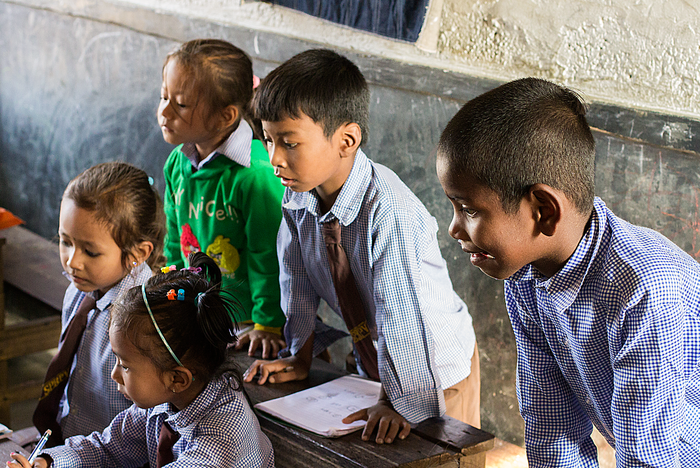
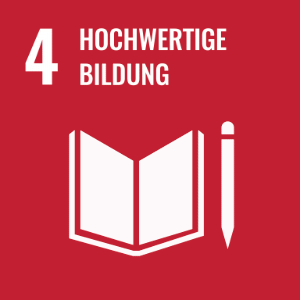
Nepal | Teach
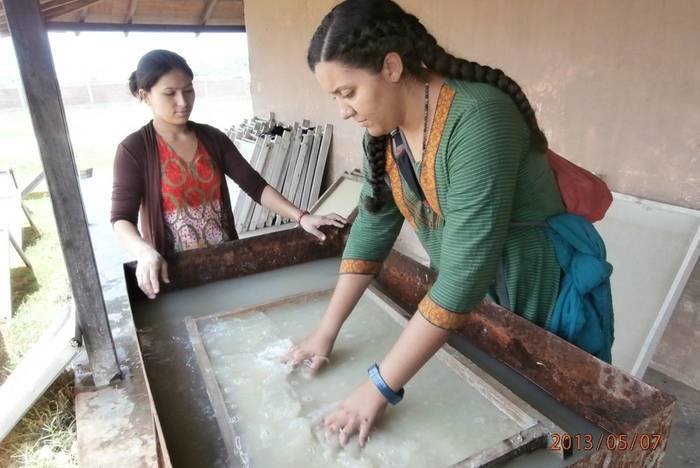
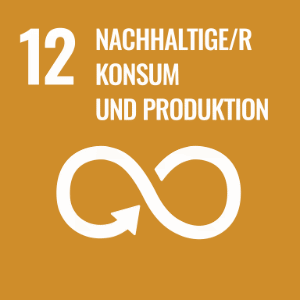
Nepal | community work

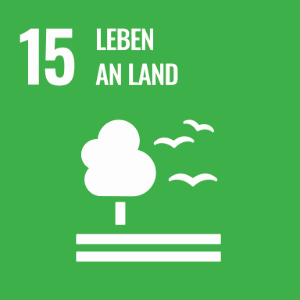
Nepal | big cats
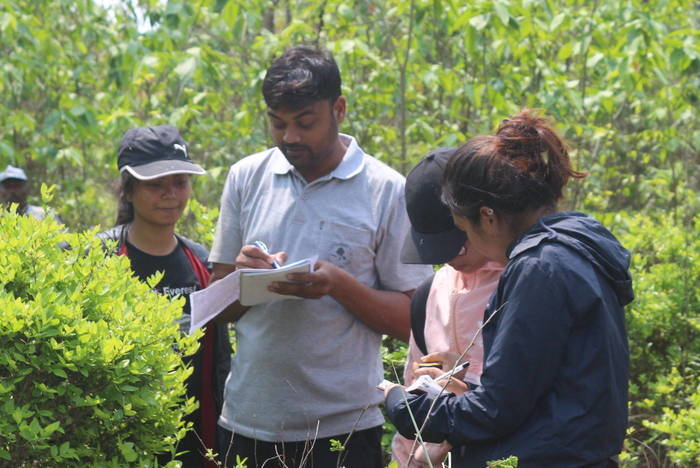

Nepal | wildlife
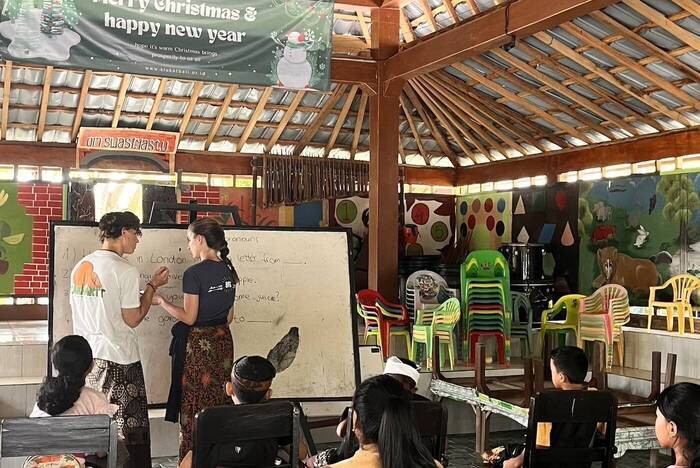

Bali & Indonesia | Teach
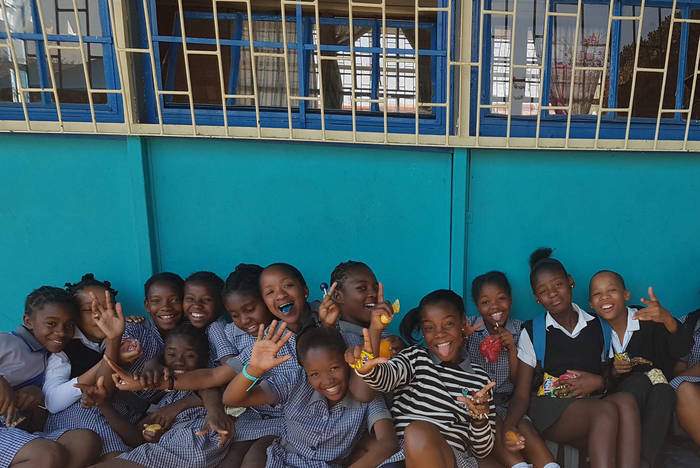

Namibia | Teach
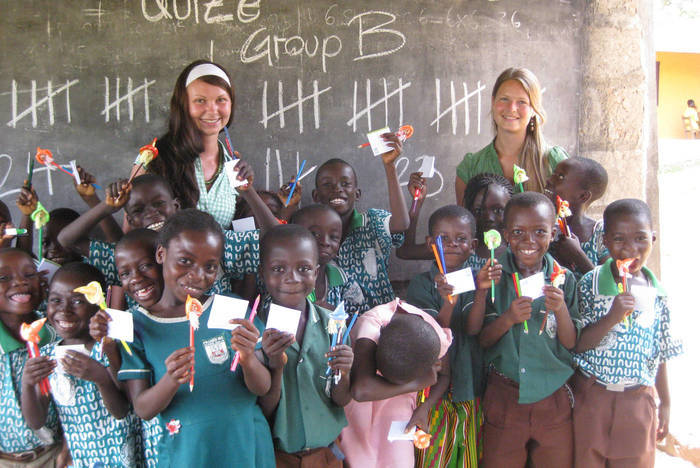

Ghana | Teach

Namibia | Teach

